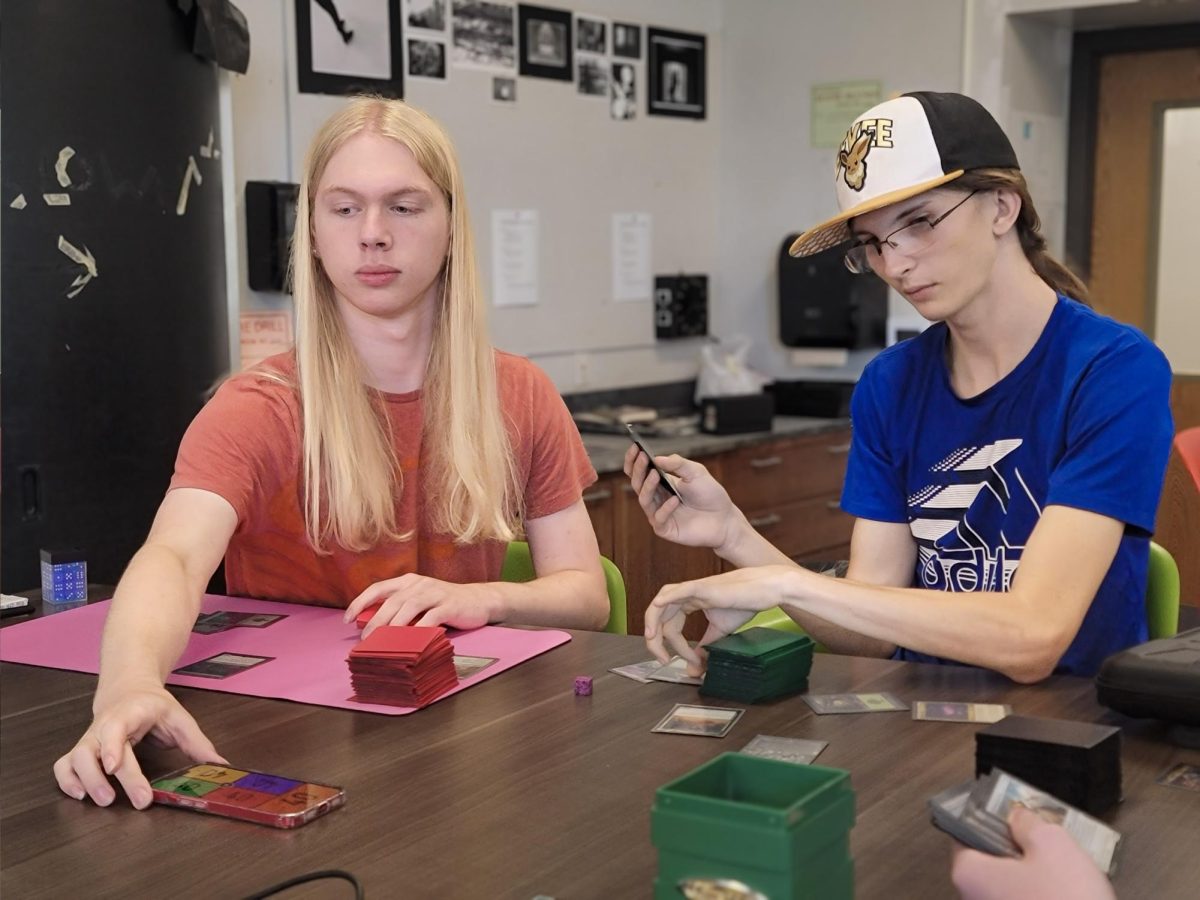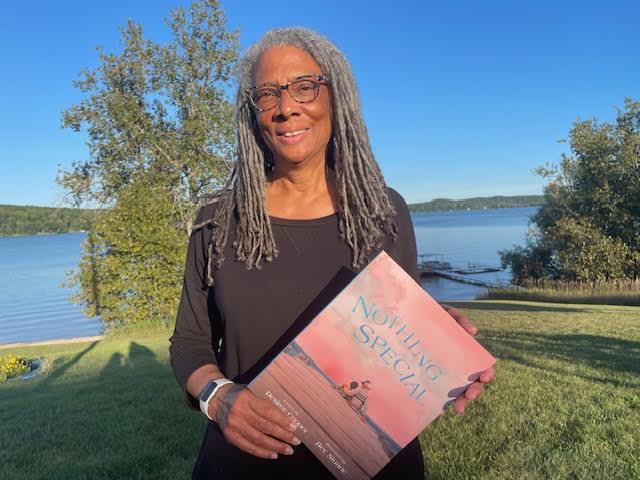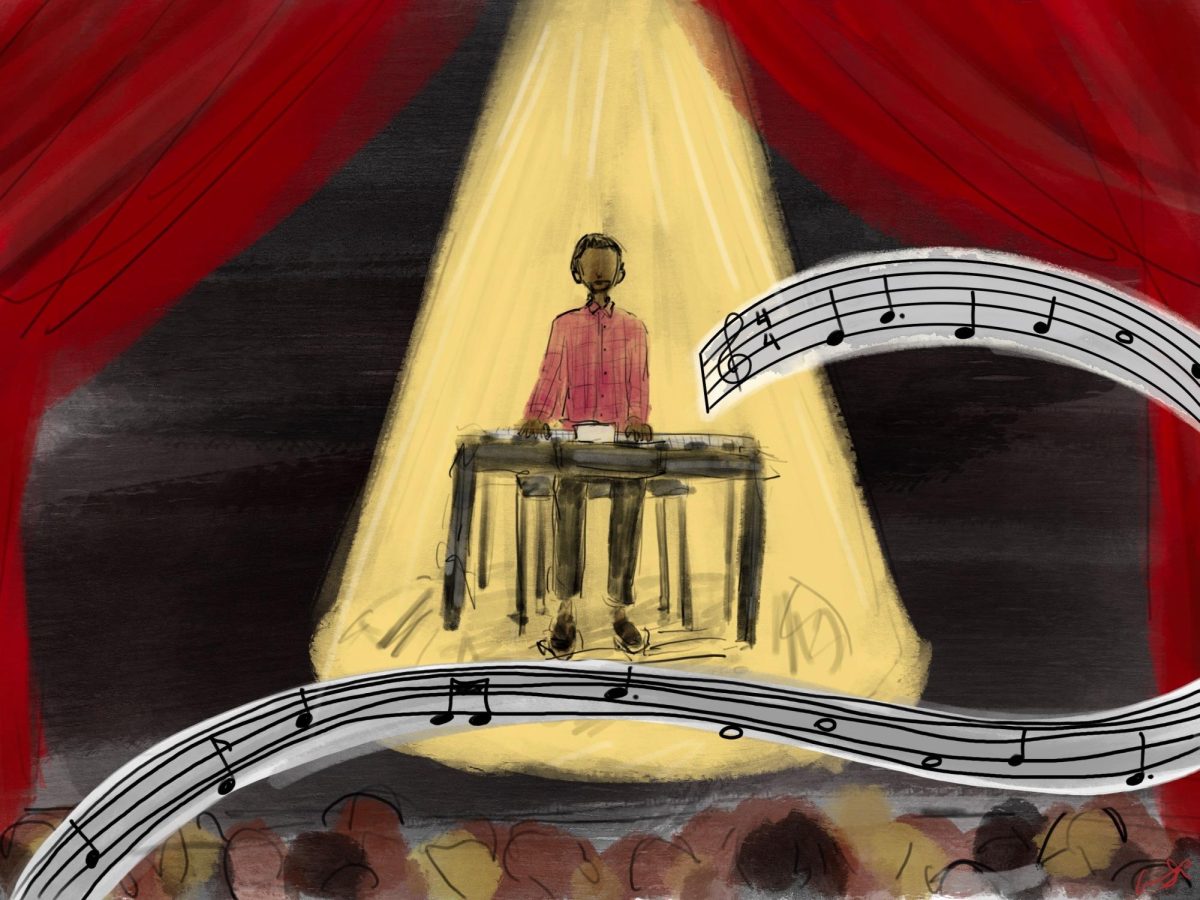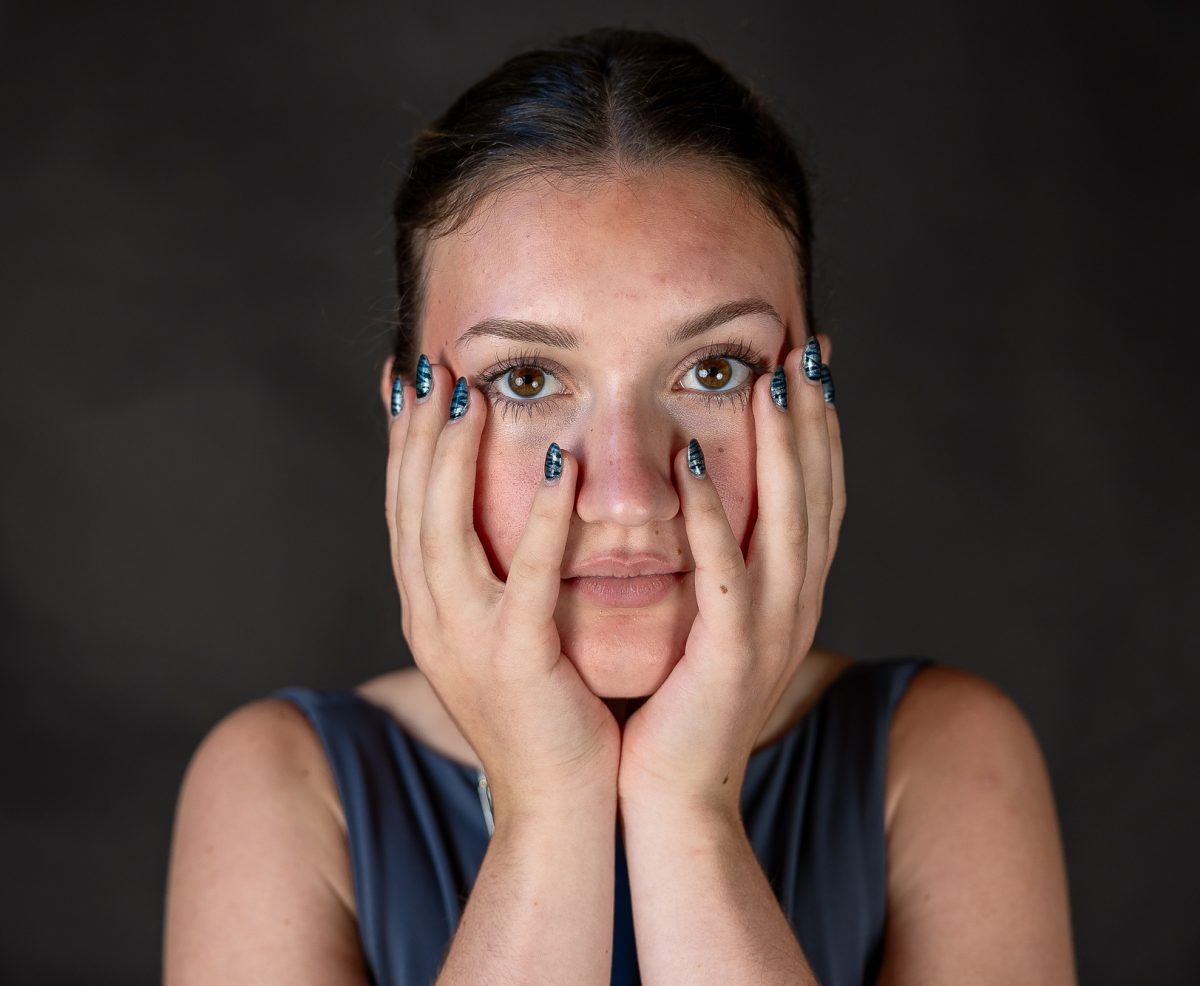Students in Robbie Stapleton’s 5th and 7th block Health classes listened to an interesting guest speaker on November 15. More importantly, they received a lot of valuable information. Mary Jo Desprez is the Alcohol and Other Drug Policy and Prevention administrator at the University of Michigan. She talks to students around campus about the dangers of drugs and alcohol. “As we’re about to go to college and all, I thought it was relevant,” said Sierra Koepele, a senior at Community High.
Desprez was different from other guest speakers about drugs and alcohol. She believes that telling students not to do drugs is ultimately ineffective, and instead stresses the dangers of use and encourages caution since the teenage brain is in its main stage of development. Therefore, adolescents are far more vulnerable to the effects of alcohol and drugs than adults. Whether they are used in excess or moderately, drugs and alcohol have their consequences.
“It was definitely an eye opener,” said Max Lewis, a senior at Community High. “It made me realize that even people who use them moderately are still dealing their bodies much more harm than I would have expected. It made addiction seem much more intense than I had previously thought.”
The brain goes through four main stages of development. Among the first to develop are a person’s central nervous system, large motor skills, and fine motor skills. However, a person will not develop their abilities of coping, reasoning, assessing risks, and inhibitions until they are between the ages of 15 and 21.
In contrast to how the brain develops, the level of intoxication from alcohol also comes in stages. The first abilities to go are judgment and risk assessment, followed by stumbling and loss of coordination. “I think it’s intriguing how alcohol affects the brain in a sort of symmetry,” Koepele said. “Like how it picks away at the most recently developed parts, working backwards to the beginning.”
Alcohol has biphasic effects on a person. The first effect is an anesthetic/adrenaline like feeling stimulated, excited, and little to no pain. The second effect is an irritant/depressant feeling. This results in a hangover or feeling tired. The second effect becomes worse with age.
Desprez said that teenagers understand the dangers of drinking and using drugs logically, but they have not yet developed the psychosocial maturity necessary to avoid encounters with drugs and alcohol. They mostly use drugs and alcohol in order to fit in with their peers. “I don’t think it’s a weakness in character as much as it is that people just want to fit in,” said Paul Smith, another senior at Community High School. “Some people think it makes them cool, or respected.”
This is not the only reason people use them, however. Other students use them as a means of coping with stress or depression. They find that they are the easiest way to escape from the pressures of high school life.
Desprez also described the effects that alcohol commercials have on young people. Alcohol companies target the younger crowd, even though it is illegal for people who are under 21 to drink. “I think it is really kind of disgusting because of how they try to appeal to people, especially to people who are not yet of drinking age,” said Lewis.
Nate Coryell, another senior at CHS, agrees. “I find it absolutely vile,” he said. “It’s all about marketing. Those companies don’t give a damn about what they are doing to today’s youth. They just want to sell the product, and they are willing to perform whatever cheap tricks they need in order to do that.”
Whatever method they companies choose, it has an effect. According to http://www.brad21.org/index.html, nearly four out of five students have consumed alcohol by the end of high school. Some only do it once or twice, but a small percentage of those people become binge drinkers, or consume a lot of alcohol in a small period of time.
When a person drinks too much and could have alcohol poisoning, it is important to call for help immediately. While waiting for help, it is important to turn the person on their side and so that they can’t roll over. Desprez said that legal concerns are the least of your problems when a life is being threatened by alcohol poisoning. It is important for everyone to be able to recognize the dangers early on and act. “I feel like I’m going to be that person who winds up finding my friend passed out on the floor,” Koepele said, “and I’m going to be the one who has to call 911.
Although many students may still choose to drink, the work and teachings of Desprez have made students more aware of the dangers of drug and alcohol usage.








